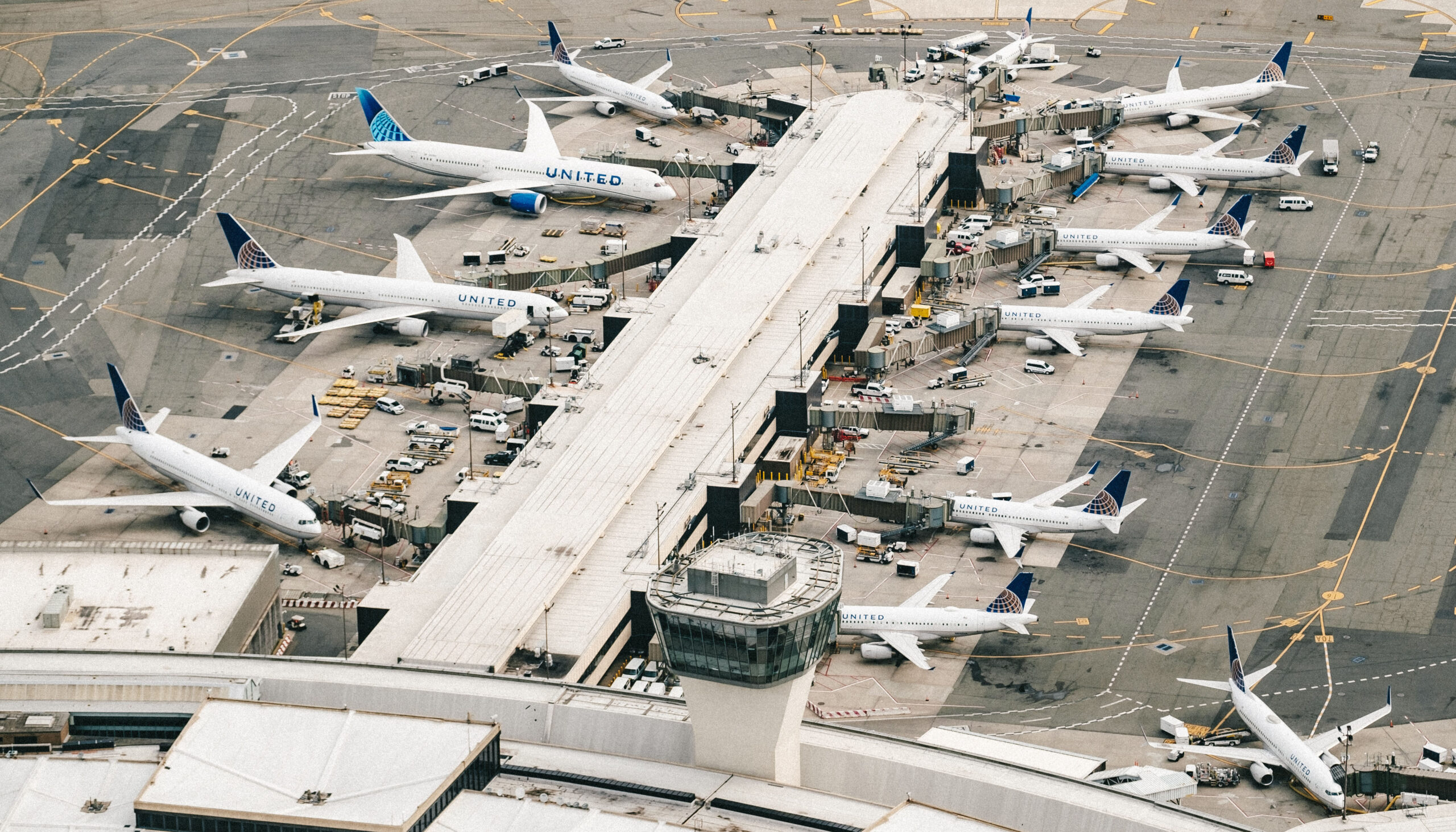
Feedback on ‘Polluter Pays principle’ in aviation
Tahir Latif Secretary, Greener Jobs Alliance
The previous blog ‘Polluter Pays Vs Public Interest’ sought to bring to a GJA audience what is a staple topic among those concerned with the future of aviation and the environment, especially those who form the Stay Grounded community. Responses to the points raised in the item were solicited – and received – from colleagues in that community, some of which are presented here.
Larry Edwards, a Stay Grounded organiser based in Alaska, notes that ‘regarding the “polluter should pay” principle itself, I have always considered it to be very dangerous. It gives a license to pollute, for paying an added cost. “Polluter pays” seems logical and ethical, so it is alluring. But really it seems to be a form of greenwash. Paying to pollute becomes business as usual, priced into the product…what is foregone is direct regulation of the problem.’
However, Finlay Asher, who heads the Safe Landing group of aviation workers, points out that pricing and reducing emissions are not to be counterposed: ‘It’s a bit like saying “the real urgency is to stop people speeding, not make money from speed cameras”… but the speed cameras are there to stop people speeding – the fine is used as a deterrent and the revenue raised is a (beneficial) by-product.’ Finlay also identifies a distinction glossed over in the original article, that ‘purchasing a cheap and ineffective offset and claiming “carbon neutrality” is different from simply pricing emissions.’
Steve from Rising Tide UK makes the succinct point that ‘Polluter Pays…is really offsetting using cash. Pollution doesn’t stop, cash rich polluters just pay a premium for doing so and sod everybody else!’ Or, as Peter Saracino puts it, ‘How much should Elon Musk pay every time he wants to send one of his toy rockets into outer space? Polluting and the ability to pay for it need to be decoupled otherwise we end up perpetuating unfairness. The rich can afford to pollute and waste. This must stop.’
Peter Somerville, a Professor at the University of Lincoln, expresses the broad consensus that ‘I think it’s reasonable that polluters should pay for the entire costs of their pollution AND be required to reduce that pollution to zero over a specified time period.’ And Finlay again, with reference to recent airline acceptance of the polluter pays principle (as easyJet does here), notes that airlines ‘have appropriated the term “Polluter Pays Principle” to attempt to slow down aviation climate legislation.’
Another Stay Grounded organiser, Calum Harvey-Scholes, picks up on the theme of how best to regulate. He suggests that ‘advocating for a limit to direct carbon (+ non-CO2) emissions from aviation, rather than “limiting flying”, may be a stronger framing which focuses more on the climate science than “restricting choice/behaviour”. An emissions cap may be harder to dismiss as “state control” over people’s behaviour whilst also challenging the industry to deliver their (implausible) emissions cuts, with flight restrictions only a final recourse. The weakness/risk could be that a direct emissions cap may be (wilfully) misinterpreted as a net emissions cap.’
Finally, Alethea Warrington from the climate charity Possible states: ‘I agree that polluter pays isn’t enough, we also need the polluter to stop polluting’. She proposes ‘framing it as a total emissions cap, and then it’s up to the industry to get as many flights as they can out of that limit – while also making it clear that those remaining flights need to be distributed more fairly.’
Within the context of Stay Grounded and other activist organisations, this is a live debate, and much needed since its absence would likely result in airlines defining the terms of their own climate commitments, an approach that has so far produced more rhetoric than action.
Photo: Chris Leipelt on Unsplash
We would welcome further contributions to this blog thread, from aviation activists yes, but also the views of GJA members and supporters, those who work in aviation and those who fly, regularly or not – we want to know what you think.
To submit an item for this debate, please contact the GJA Secretary at gjacoms@gmail.com or tahirlatif51@icloud.com
